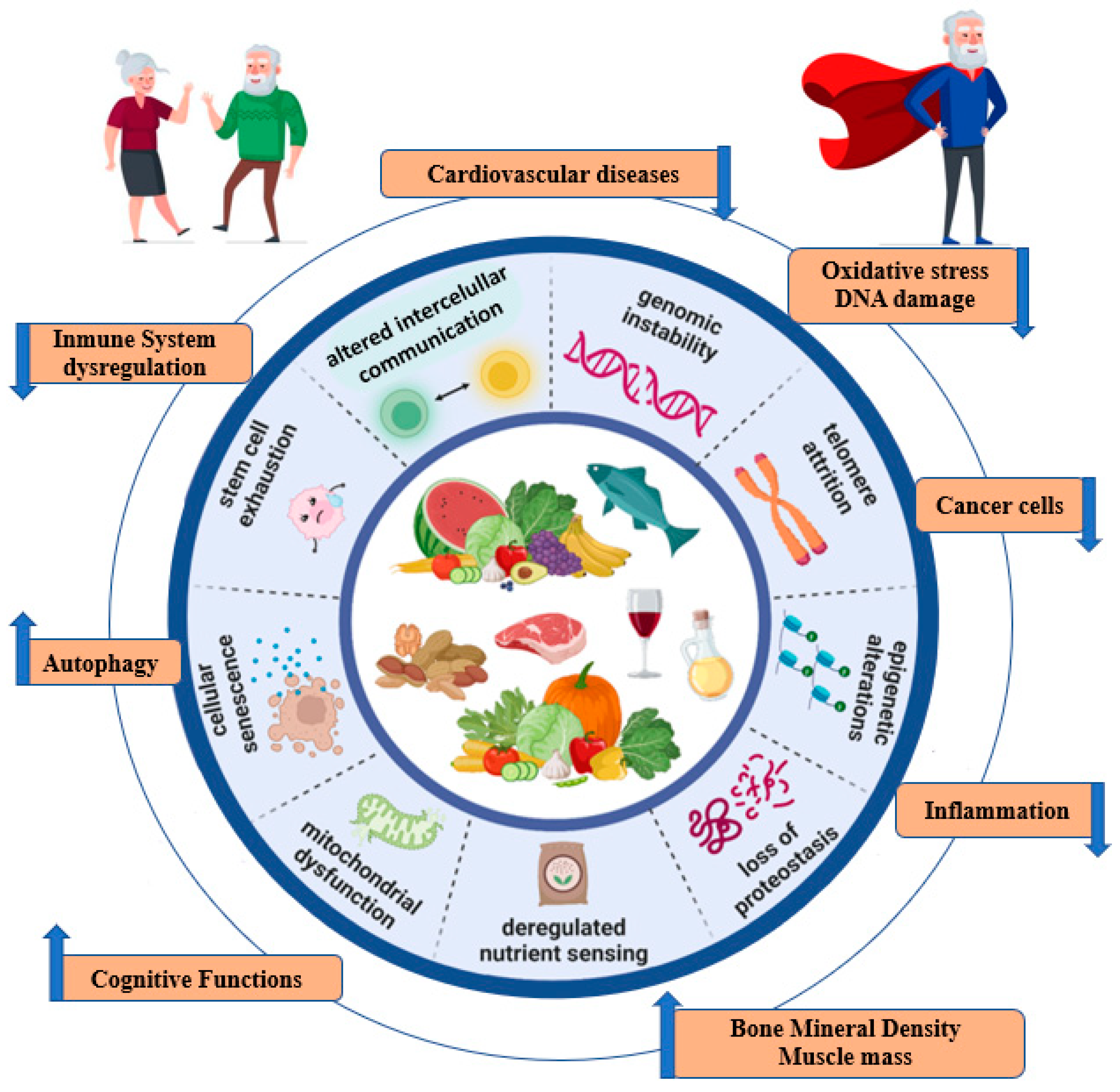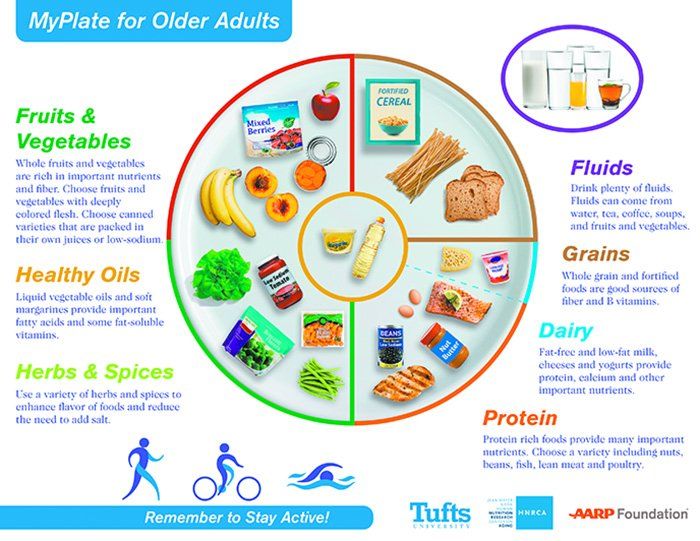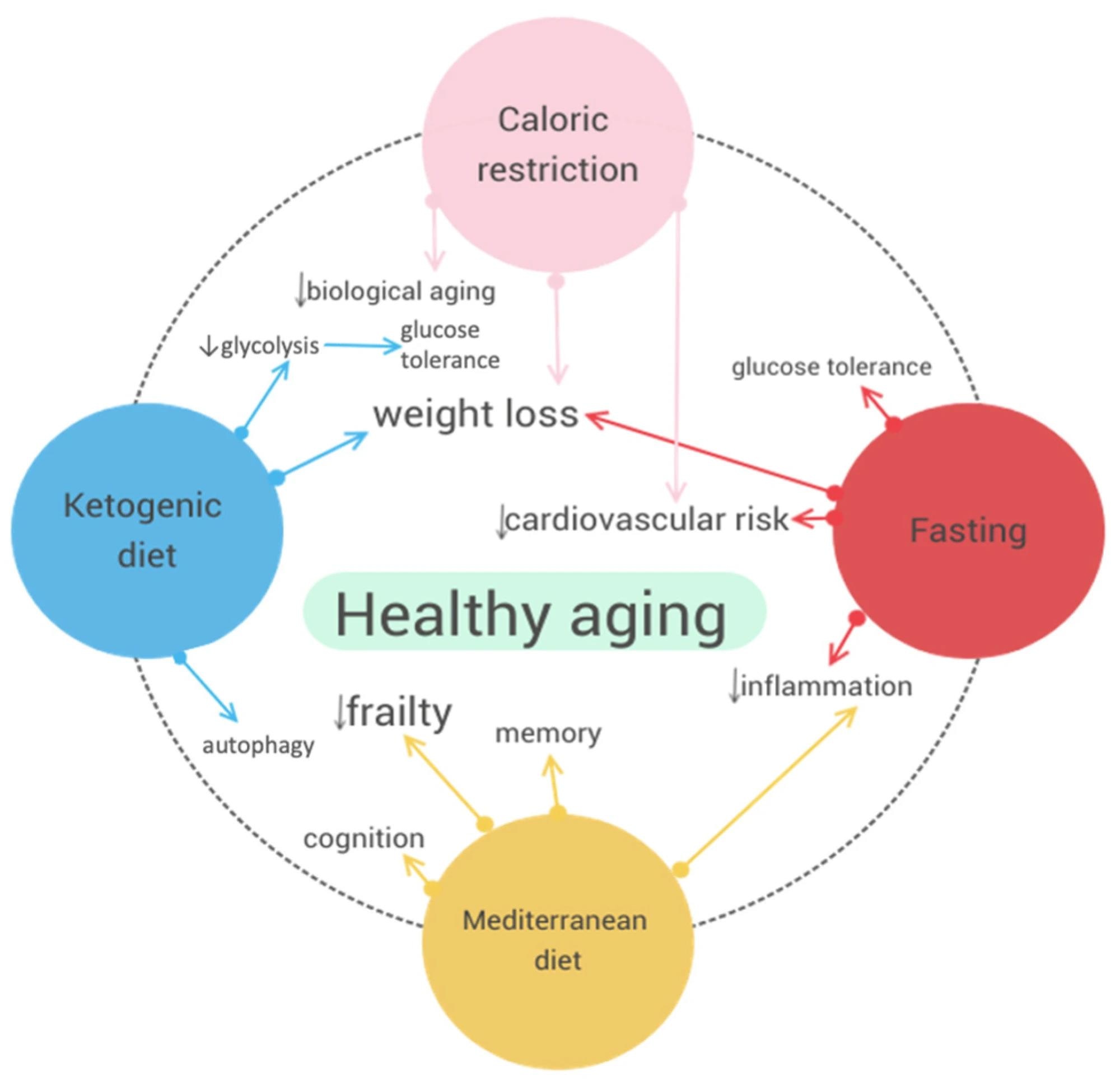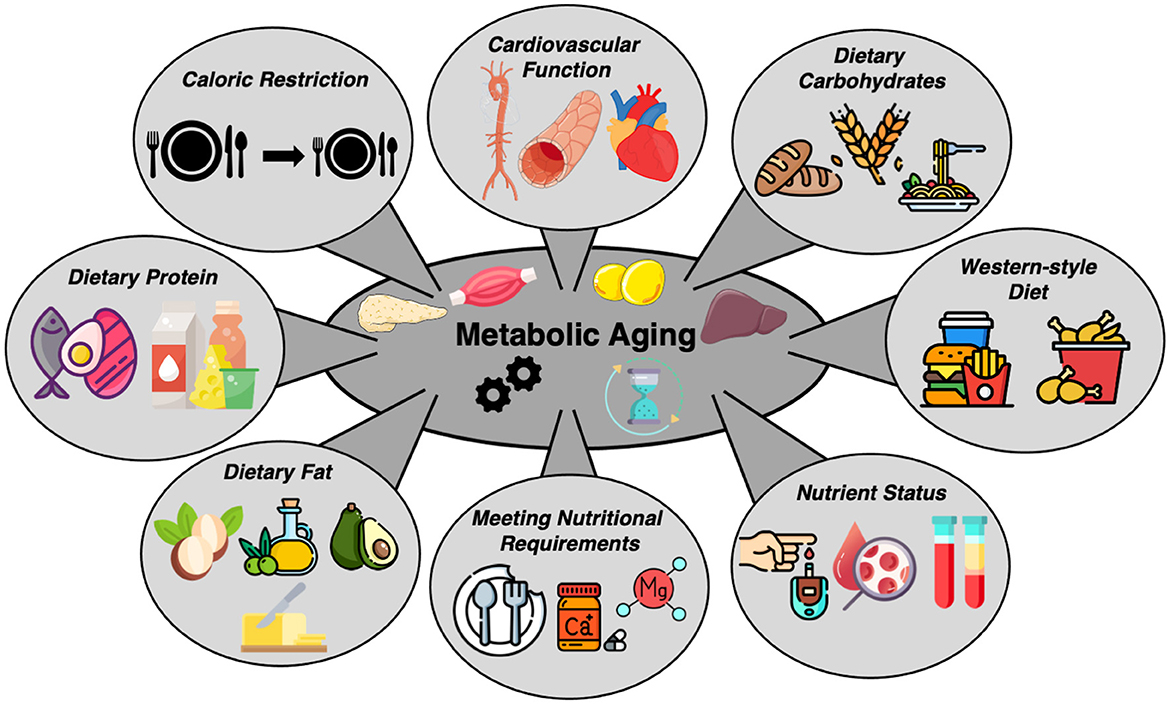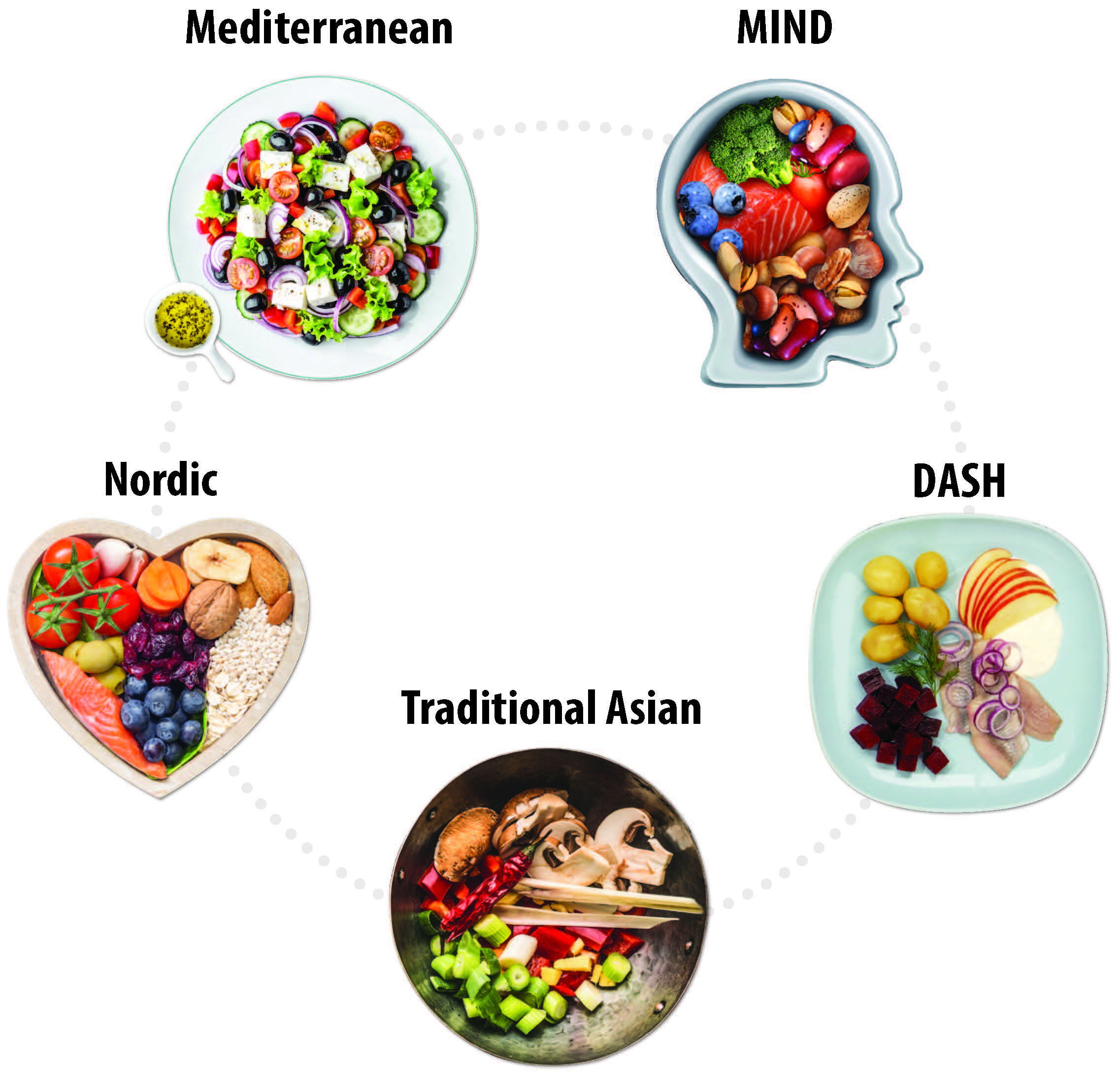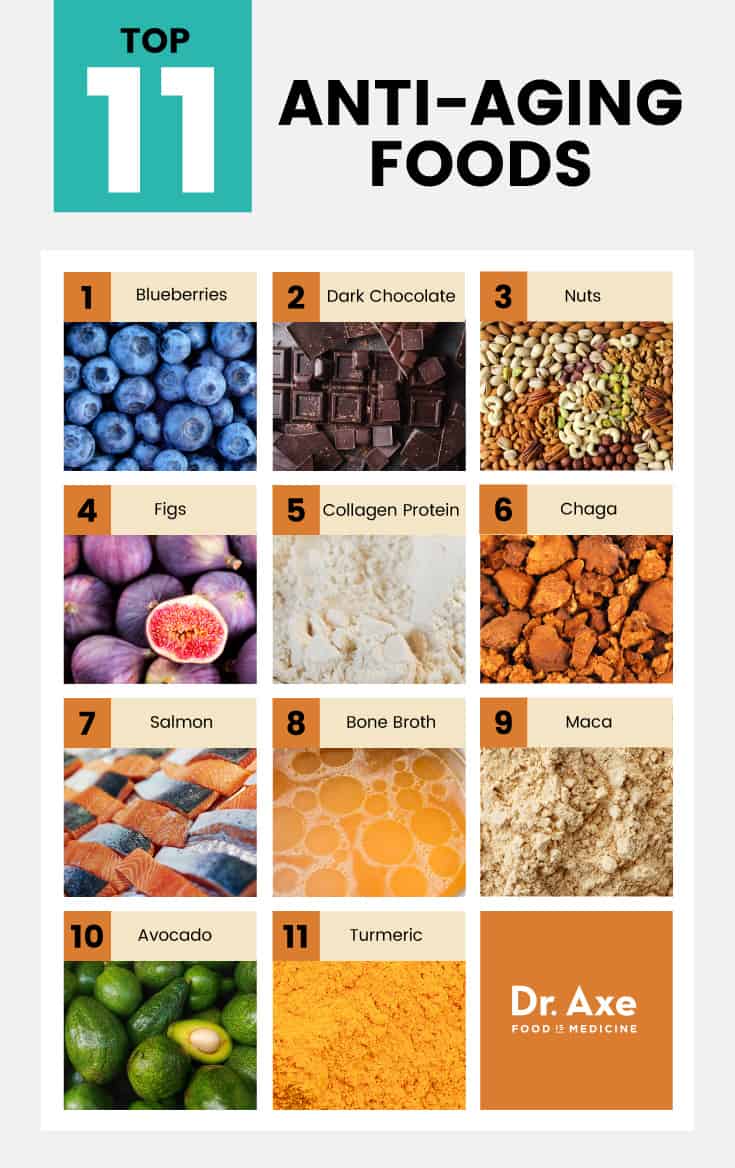Optimal Dietary Patterns For Healthy Aging

As the global population ages, understanding the role of nutrition in promoting healthy aging has become increasingly critical. Recent research and expert consensus point to several key dietary patterns that can significantly impact longevity, reduce the risk of age-related diseases, and enhance overall quality of life in later years.
This article explores these optimal dietary patterns, highlighting the evidence-based recommendations for healthy aging. It delves into the specific foods and nutrients that play a vital role in supporting physical and cognitive health as we age.
The Pillars of Healthy Aging Diets
Several dietary patterns have consistently demonstrated benefits for older adults. These include the Mediterranean diet, the DASH (Dietary Approaches to Stop Hypertension) diet, and modifications of these patterns that emphasize plant-based foods.
The Mediterranean Diet: A Time-Tested Approach
The Mediterranean diet, characterized by a high intake of fruits, vegetables, whole grains, legumes, nuts, seeds, and olive oil, is widely recognized for its health benefits. Studies have shown that adherence to this dietary pattern can reduce the risk of cardiovascular disease, type 2 diabetes, and neurodegenerative diseases.
Olive oil, a staple of the Mediterranean diet, is rich in monounsaturated fats and antioxidants, which may protect against cellular damage. Fish, another key component, provides omega-3 fatty acids, known for their anti-inflammatory properties and their role in brain health.
Moderation is also a key element: limited consumption of red meat and sweets, along with a moderate intake of dairy products, helps maintain a balanced nutrient profile. The World Health Organization and numerous national health agencies recommend adopting principles from the Mediterranean diet to support healthy aging.
The DASH Diet: Beyond Blood Pressure
Originally designed to lower blood pressure, the DASH diet is rich in fruits, vegetables, and low-fat dairy, and low in saturated fat, cholesterol, and sodium. Research indicates that the DASH diet can also contribute to overall health and longevity.
This dietary pattern focuses on increasing potassium, magnesium, and calcium intake, all of which are essential for maintaining bone health and preventing age-related bone loss. Reducing sodium intake is crucial for managing blood pressure and reducing the risk of cardiovascular events.
The National Institutes of Health (NIH) has conducted extensive research on the DASH diet, consistently demonstrating its effectiveness in improving cardiovascular health and reducing the risk of chronic diseases in older adults.
Plant-Based Adaptations: Emphasizing Nutrient Density
Plant-based diets, including vegetarian and vegan diets, can also be adapted to promote healthy aging. However, careful attention must be paid to ensure adequate intake of essential nutrients.
Vitamin B12, iron, calcium, and omega-3 fatty acids are nutrients that may require supplementation or careful planning in plant-based diets. Fortified foods and strategic food combinations can help address these potential deficiencies.
Beans, lentils, tofu, and tempeh are excellent sources of protein for older adults following plant-based diets. Furthermore, a variety of colorful fruits and vegetables provide essential vitamins, minerals, and antioxidants.
Specific Nutrients for Healthy Aging
Beyond overall dietary patterns, certain nutrients are particularly important for maintaining health in later years. These include protein, vitamin D, calcium, and omega-3 fatty acids.
Protein is crucial for maintaining muscle mass and strength, which tend to decline with age. Older adults often require higher protein intake than younger individuals to preserve muscle function and prevent sarcopenia.
Vitamin D and calcium are essential for bone health, helping to prevent osteoporosis and reduce the risk of fractures. Sun exposure and fortified foods are important sources of vitamin D, but supplementation may be necessary for some individuals.
Omega-3 fatty acids, found in fatty fish and some plant-based sources like flaxseeds and walnuts, are important for brain health and reducing inflammation. Adequate intake of omega-3s may help prevent cognitive decline and improve mood.
Practical Tips for Implementing Healthy Aging Diets
Adopting a healthy aging diet doesn't require drastic changes. Small, gradual adjustments can make a significant difference.
Focus on incorporating more fruits and vegetables into your daily meals. Choose whole grains over refined grains whenever possible.
Limit your intake of processed foods, sugary drinks, and saturated fats. Prioritize lean protein sources such as fish, poultry, and legumes.
Consult with a registered dietitian or healthcare provider to personalize your dietary plan based on your individual needs and health conditions. They can provide tailored advice and support to help you achieve your health goals.
The Impact on Society
Promoting healthy aging through optimal dietary patterns has significant implications for individuals and society as a whole. By reducing the risk of age-related diseases, we can improve quality of life and reduce healthcare costs.
Encouraging healthy eating habits in younger generations can also help prevent chronic diseases later in life. Public health initiatives and educational programs play a crucial role in raising awareness and promoting healthy dietary choices.
Ultimately, investing in nutrition research and promoting access to healthy foods are essential steps towards creating a healthier and more resilient aging population. This impacts not only individual well-being but also the economic and social fabric of our communities.
By prioritizing nutrition, we can empower older adults to live longer, healthier, and more fulfilling lives.



